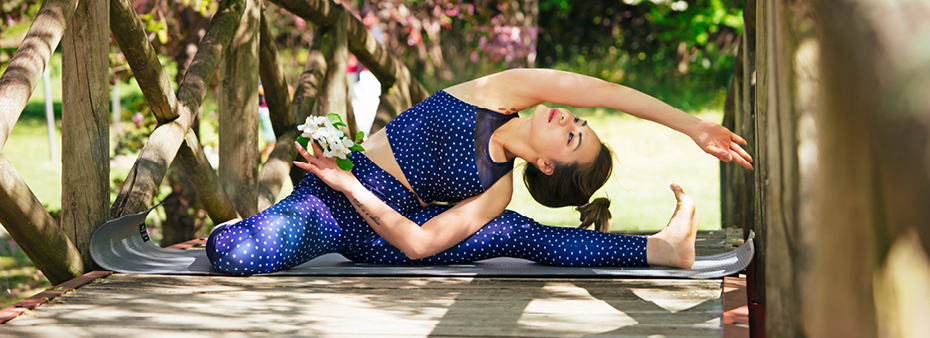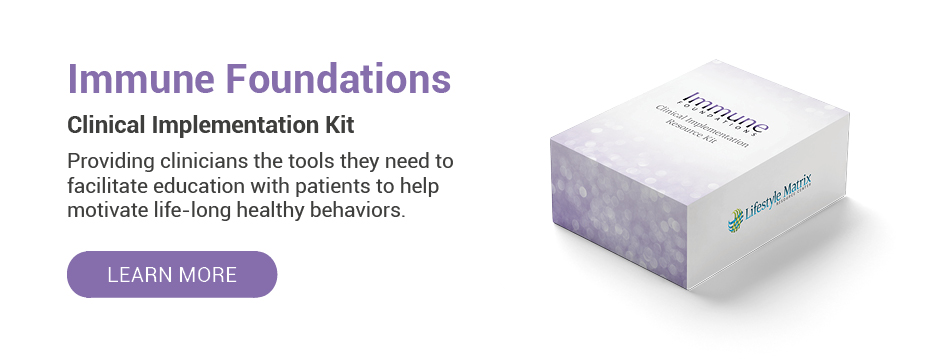The second-most common human infection is one that people barely speak about. Urinary tract infections, also known as bladder infections, impact 10-20% of women at least once a year, and the typical treatment intervention is prescription antibiotics. Middle-aged women presenting with chronic conditions like autoimmunity, dysbiosis and hormone dysfunction are common patients in functional medicine, so taking antibiotics regularly could pose an issue for them. When optimizing microbiome health, immune tolerance and hormone production, it is crucial that bacteria are given the opportunity to thrive, and antibiotic use poses a threat to that opportunity. With that said, if urinary tract infections are one of the most common infections physicians see, and we are attempting to avoid unnecessary antibiotic use, what functional medicine approaches do we have?
What Causes a Urinary Tract Infection?
Urine is sterile until it reaches the urethra, and most of the time, ascending bacterial contamination happens due to obstruction of urine flow in the presence of bacteria from the intestines or vaginal secretions. The short answer is Escherichia coli. In 90% of urinary tract infections, E. coli is the offender due to bacteria contamination from the intestines. When an infection takes place, the patient often experiences symptoms such as burning or painful urination, increased urinary frequency, foul-smelling urine, or lower abdominal pain. Since the most serious complication of recurring bladder infections is kidney infection, prevention from subsequent incidence is extremely important.
Treatment Without Pharmaceutical Intervention
The three main goals for treatment of a urinary tract infection naturally are creating a hostile environment for bacteria within the bladder, increasing urine flow to flush away harmful organisms, and supporting immune metabolic reserve depleted by the immune challenge. In order to create a hostile environment within the urinary tract, uva ursi containing 20% arbutin, which has antiseptic properties, can be used. Using 500-1,050 mg of uva ursi standardized to 20% arbutin three to four times a day is appropriate. Patients should also be encouraged to drink approximately 2 L of water daily. Consuming an anti-inflammatory diet full of whole foods, especially plants, is essential. The use of 40-100 billion CFU multi-strain probiotics should be considered, too.
Prevention with Functional Medicine
The keys to prevention are very similar to those of treatment, but instead of trying to create an antiseptic environment, you should focus on preventing the adhesion of E. coli to the uroepithelium. One of the most researched ways to prevent E. coli attachment is by using cranberry proanthocyanidins, or PACs. It appears that cranberry PACs have an affinity for E. coli that enables their agglutination via a mechanism involving the presence of adhesion molecules (fimbriae) specific to E. coli In order to therapeutically intervene on the adhesion of E. coli to the bladder wall, the PAC content in cranberry extracts must contain 36 mg. This has proven to be a sourcing challenge for many cranberry extracts on the market, so keep an eye out for this in the dietary supplement brands you’re recommending.
Using a standardized cranberry extract in addition to lifestyle interventions and probiotics will help your patients avoid the recurrence of urinary tract infections, avoid any unnecessary use of antibiotic interventions, and allow you to continue correcting their microbiome imbalances, immune dysfunction, and hormone challenges without interruption or setback.
ANGELA LUCTERHAND, DC

Dr. Angela Lucterhand received her doctorate in chiropractic from Palmer College of Chiropractic in Davenport, Iowa. While there, she was a graduate teaching assistant for courses including Anatomy and Physiology, Histology, the Central Nervous System, and Spinal Anatomy.
She received her Bachelor of Arts at Indiana University. Her interest in basic health care led her to become a Health Education Specialist with the Peace Corps, where she served in Mali, West Africa. Dr. Lucterhand loves teaching and was an adjunct professor for Anatomy and Physiology at Ivy Tech. Her passion in practice is addressing the root causes of disease and emphasizing the impact of lifestyle medicine. Dr. Lucterhand practices chiropractic and functional medicine in Elkhart, Indiana.





